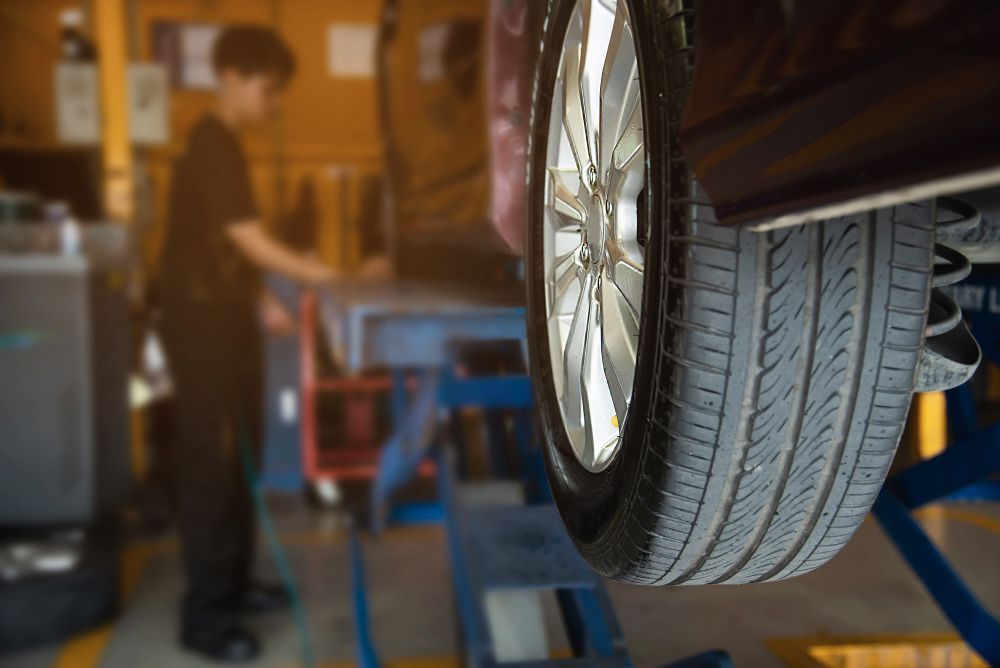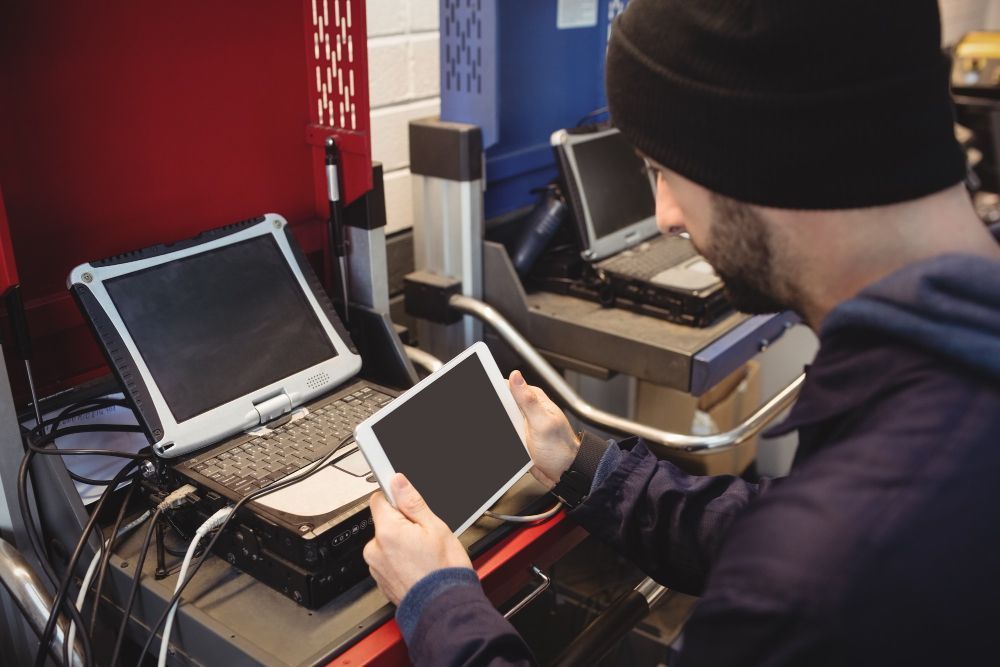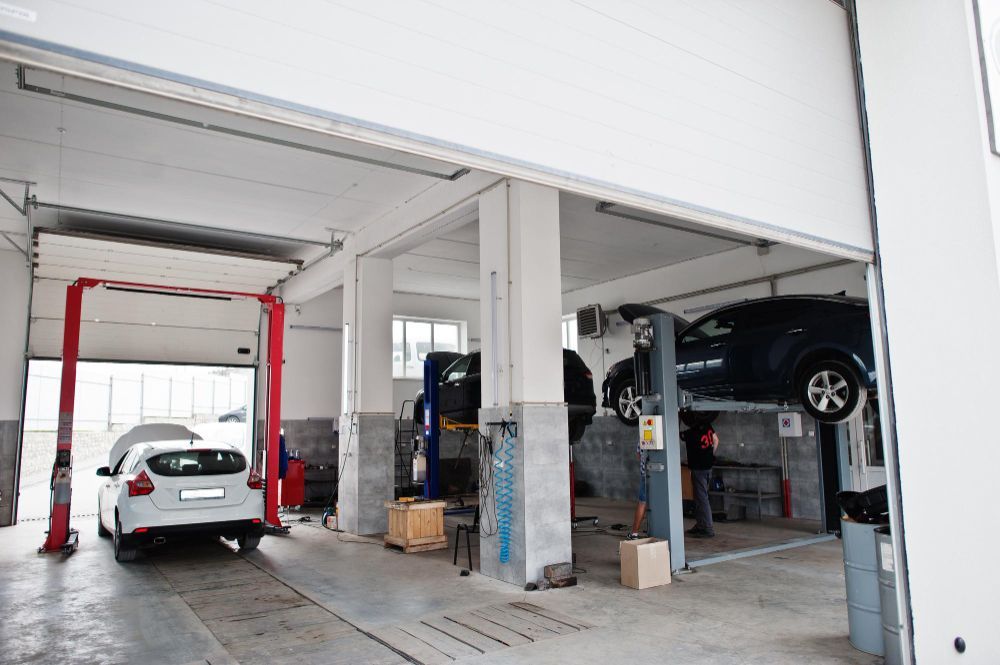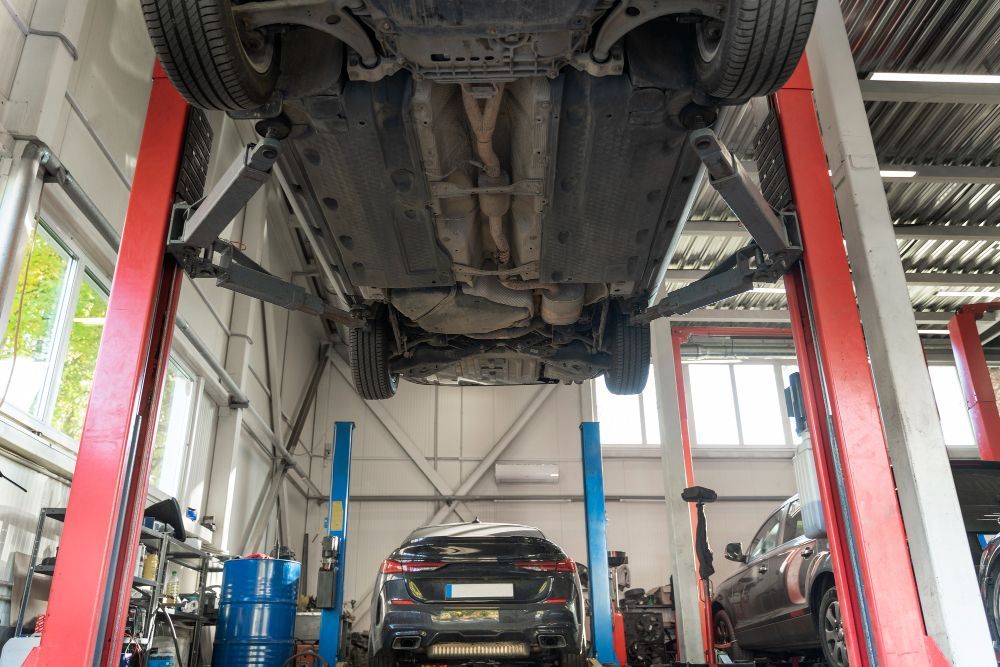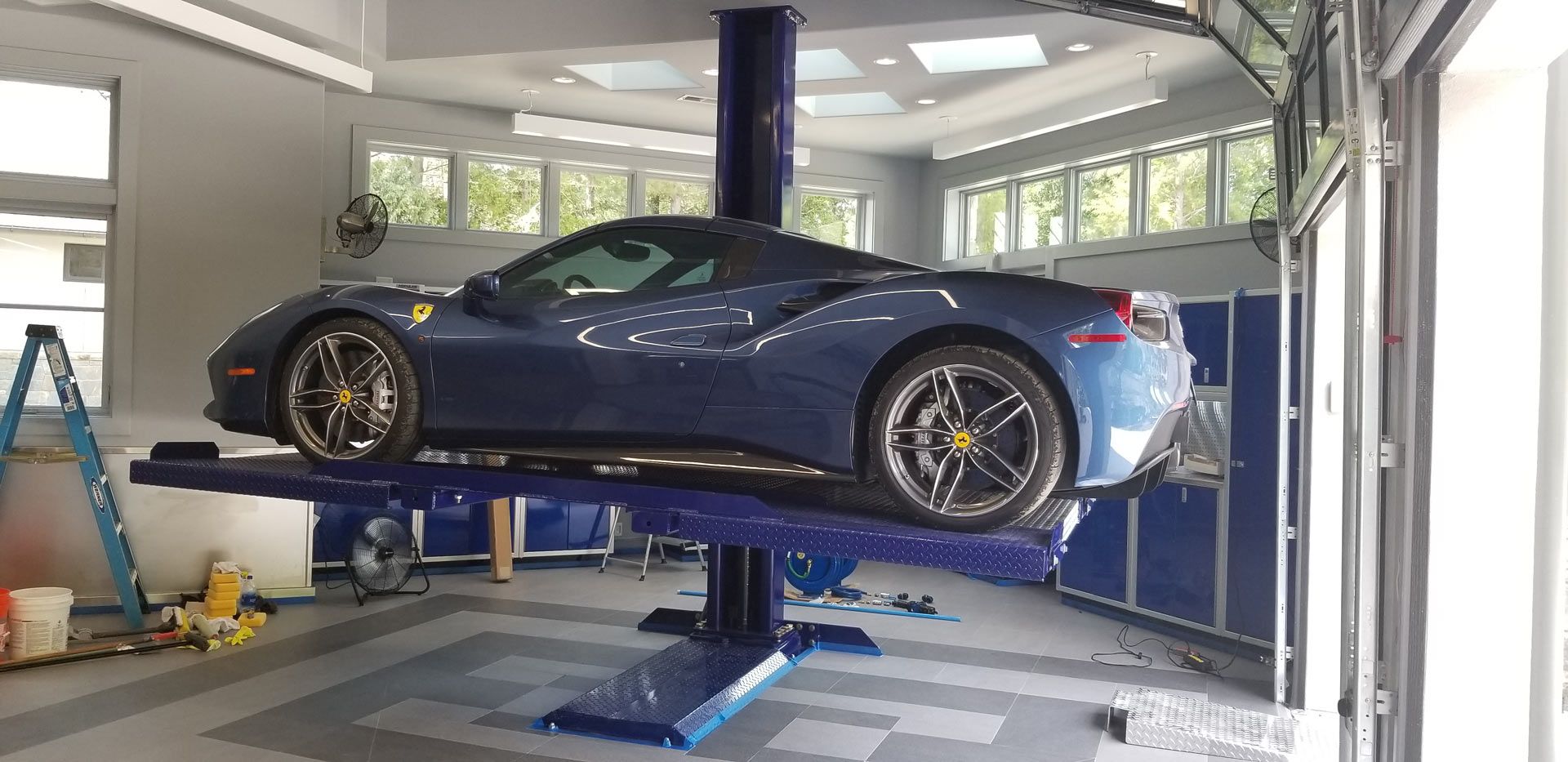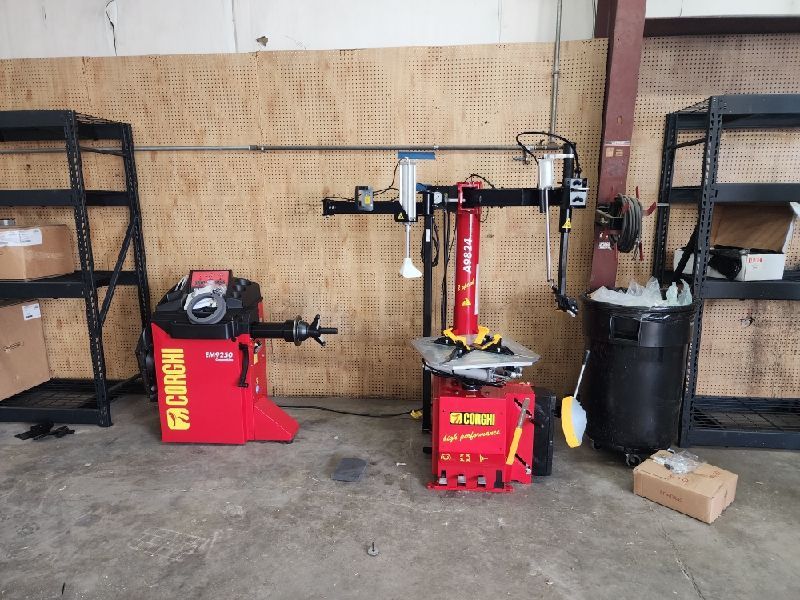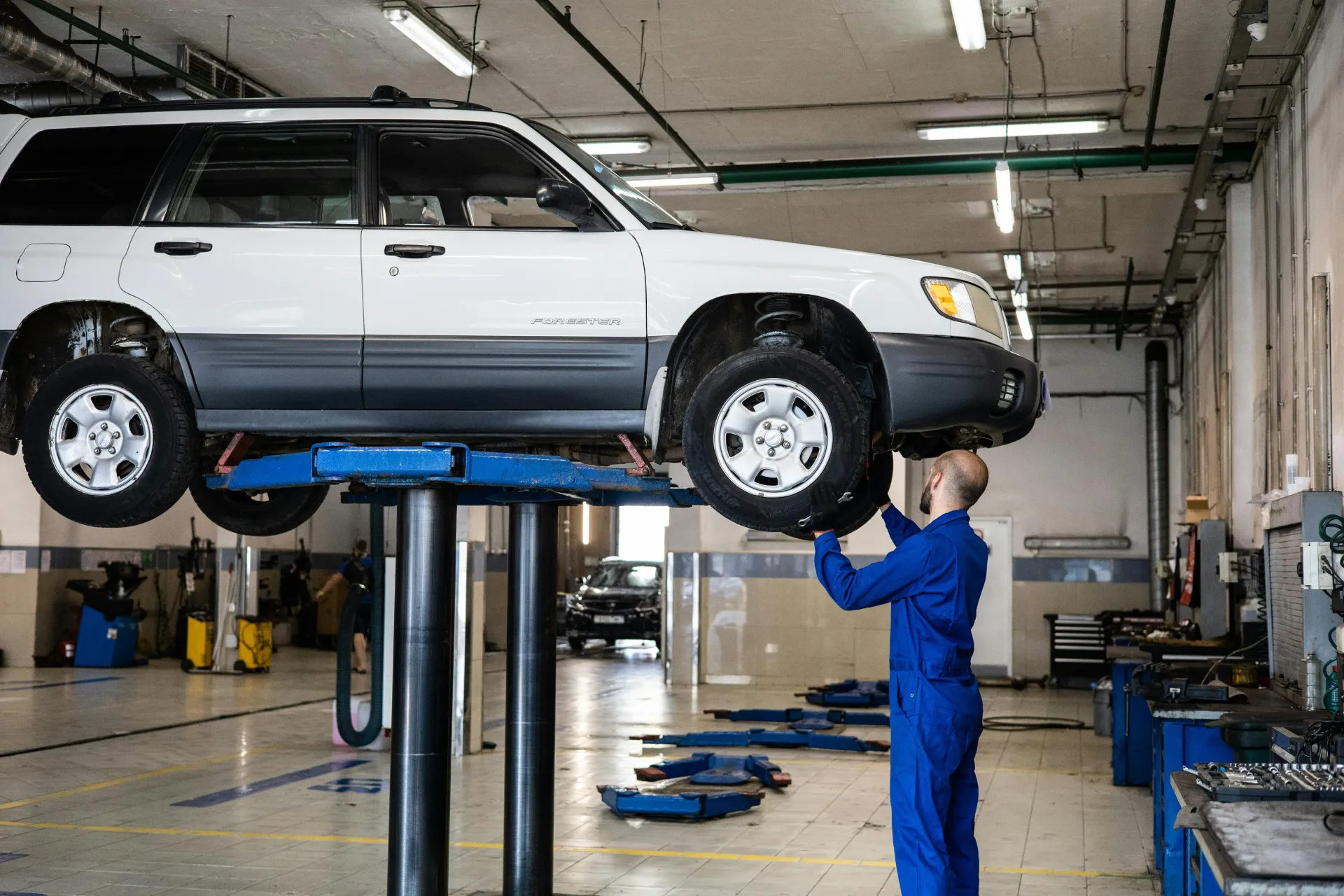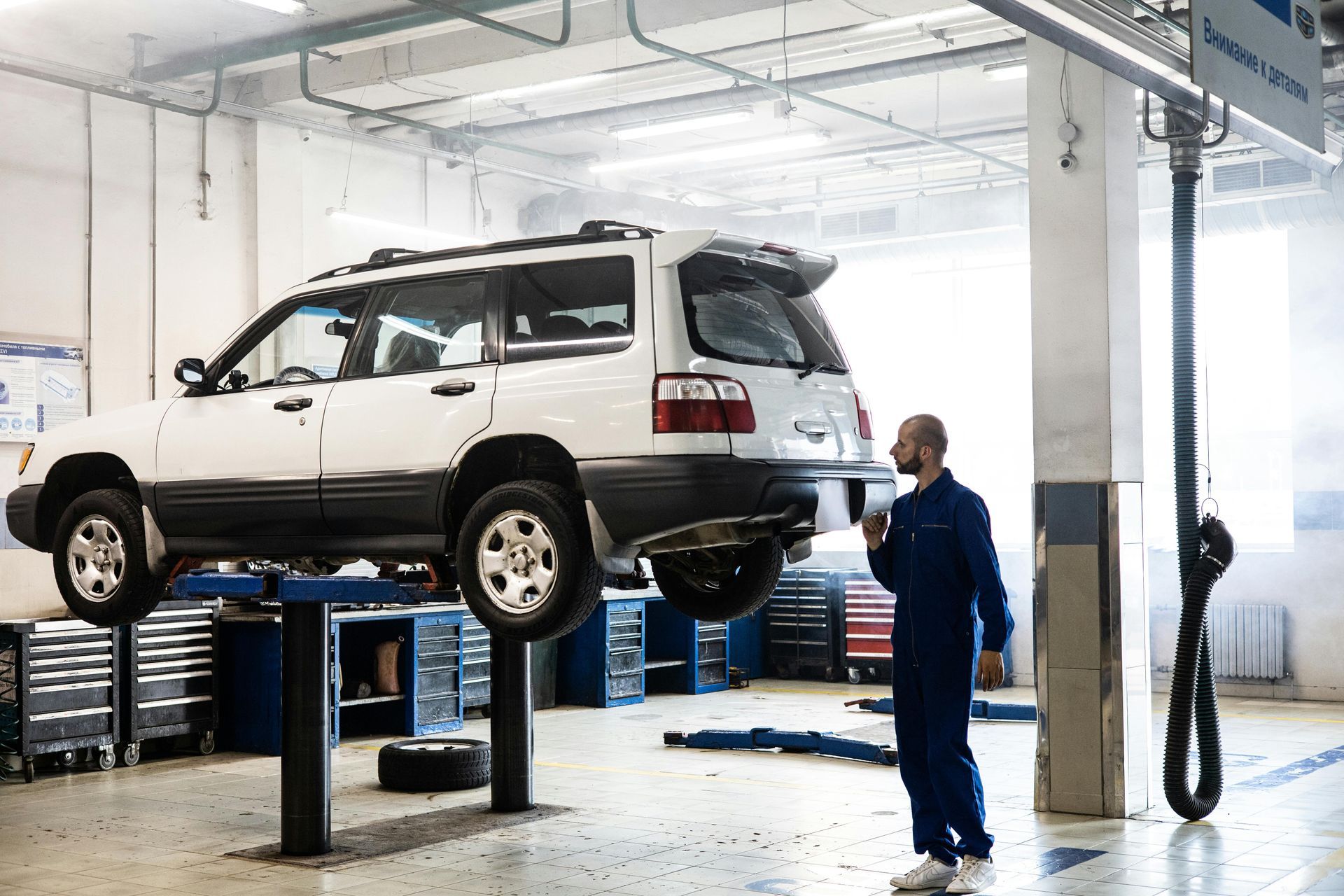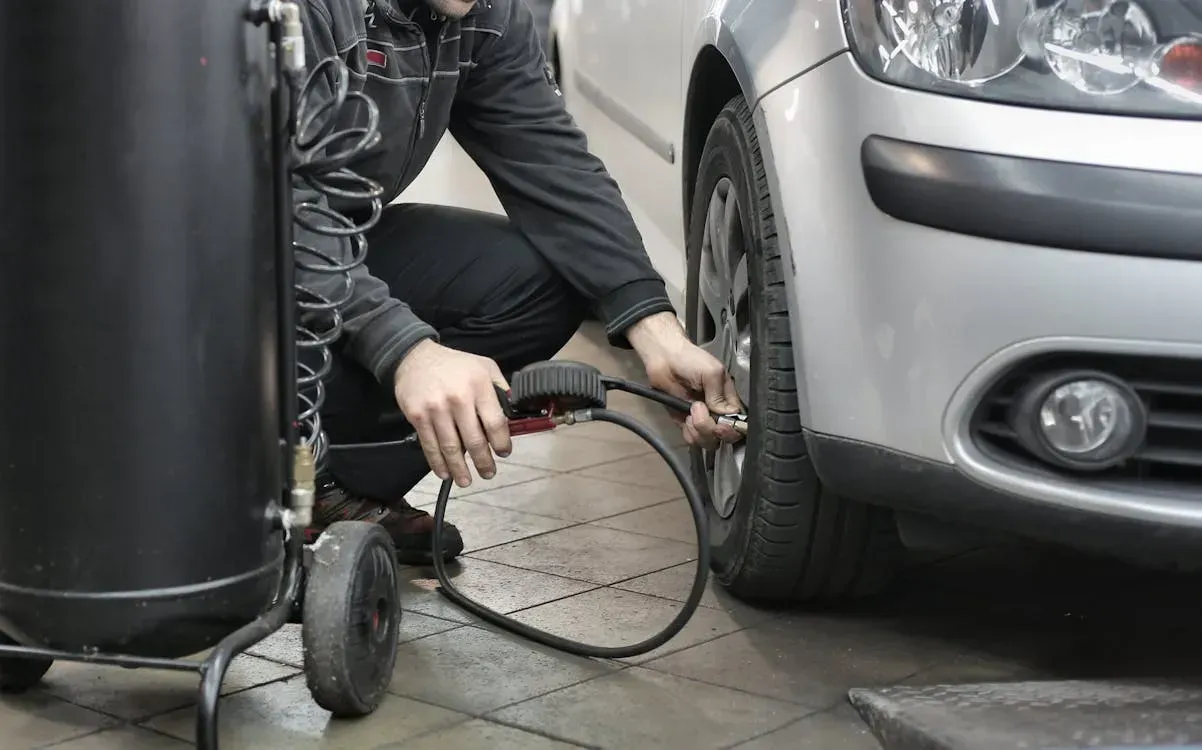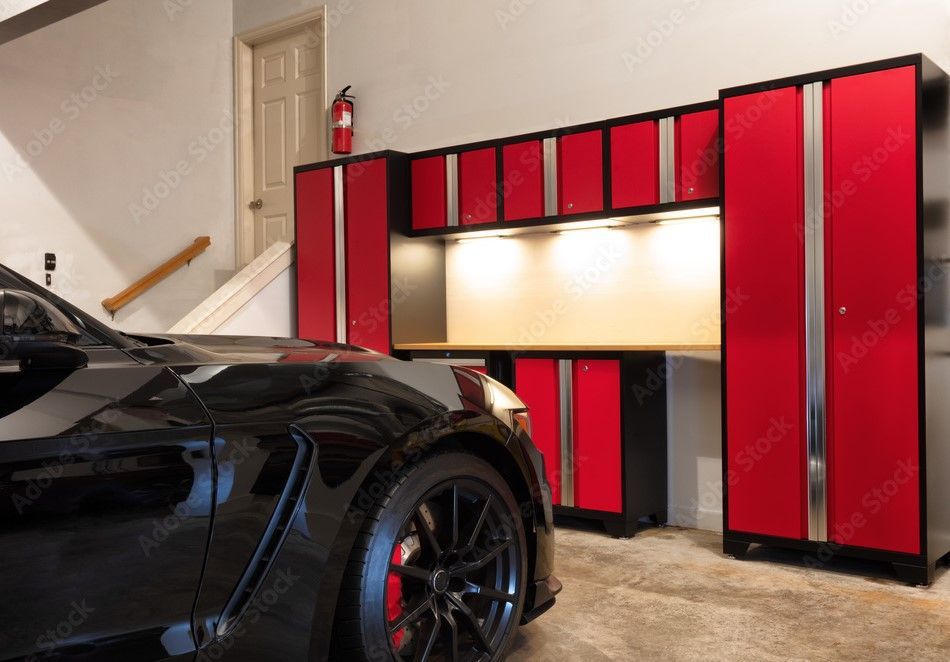The Importance of Professional Installation for Heavy-Duty Lifts in Angier, NC
September 22, 2025
Introduction
Installing a heavy-duty automotive lift isn’t just about bolting steel to concrete. It’s about safety, precision, and long-term performance. For auto shops and industrial facilities across Angier, NC, the right lift can completely transform workflow — but only if it’s installed the right way.
A poorly installed lift can put technicians, vehicles, and your business at risk. From uneven columns to incorrect torque settings, small mistakes can lead to serious consequences. That’s why professional installation isn’t an optional upgrade; it’s the foundation of safety, compliance, and reliability.
This article breaks down why professional installation matters, what it involves, and how choosing the right experts can protect both your investment and your people.
Why Professional Installation Matters
Safety First
Heavy-duty lifts handle enormous loads — often exceeding 10,000 pounds. A single alignment error or weak anchor can compromise stability and lead to catastrophic failure. Professional installers use calibrated equipment and verified procedures to ensure every column, bolt, and safety lock is correctly fitted and tested before use.
Certified technicians also check for issues that might go unnoticed in a DIY setup, such as uneven flooring, improper hydraulic pressure, or anchor depth errors. In a high-volume shop, these small details are what keep your crew safe every day.
Protecting Your Warranty and Compliance
Almost every lift manufacturer requires certified installation for warranty validation. Skipping this step can immediately void coverage, leaving you exposed if something goes wrong.
Professional installers also ensure compliance with key industry standards, including:
- ANSI/ALI ALCTV lift construction and safety guidelines
- OSHA shop safety regulations
- Local North Carolina building codes and electrical requirements
In short, certified installation is your insurance policy against future legal or financial headaches.
Long-Term Performance
A properly installed lift doesn’t just perform better — it lasts longer. Balanced columns, precise hydraulic calibration, and secure anchoring prevent uneven wear and mechanical strain. That translates to smoother operation, reduced maintenance costs, and a longer lifespan for your equipment.
Shops that invest in professional setup often see fewer breakdowns, more consistent lifting speeds, and better overall efficiency.
What Professional Installation Includes
If you’ve never worked with a certified lift installer before, here’s what a proper installation process typically looks like.
- Site Evaluation
Every project starts with an inspection of your space. The installer checks concrete thickness, ceiling height, and access points for electrical and hydraulic connections. - Layout Planning
The technician marks lift positions for optimal spacing and workflow, ensuring vehicles can enter and exit safely without obstructions. - Floor Preparation
Anchoring a lift requires a reinforced concrete slab — typically 4 to 6 inches thick and rated for at least 3,000 PSI. Installers test the floor’s strength and make adjustments as needed. - Assembly and Anchoring
Using torque-calibrated tools, installers secure the columns, arms, and crossbeams according to manufacturer specs. Each bolt is tightened to verified load requirements. - Electrical and Hydraulic Setup
Power units, air lines, and hydraulic components are connected, tested, and bled for proper pressure. - Calibration and Load Testing
The lift is tested under weight to confirm balance, safety lock function, and smooth operation. - Operator Training
Before wrapping up, installers demonstrate safe operation and maintenance practices for your technicians.
By the end of this process, the lift isn’t just installed — it’s optimized for safety, efficiency, and performance.
What Can Go Wrong Without Professional Installation
Cutting corners on installation often leads to hidden problems that show up months later. These issues aren’t just inconvenient — they’re dangerous.
Common risks include:
- Uneven lifting that damages vehicle frames or alignment
- Hydraulic leaks caused by incorrect fittings or pressure calibration
- Anchor failure from weak or shallow bolts
- Electrical issues that cause power loss or motor failure
- Voided warranties from uncertified installation
Every one of these issues costs more to fix than hiring a professional from the start. And in a busy North Carolina shop, even one day of downtime can mean lost revenue and frustrated customers.
The Local Advantage: Why Choose a Certified Installer in Angier, NC
Choosing a local, certified installer ensures you’re getting someone familiar with regional building codes, soil conditions, and electrical requirements. Local professionals also provide faster response times for service calls and inspections — something large national chains can’t always offer.
L&D Shop Solutions in Angier, NC specializes in heavy-duty automotive and industrial equipment installations. Their certified technicians handle every step — from site prep and safety calibration to post-install inspection — ensuring your lift meets the highest standards of performance and compliance.
Frequently Asked Questions
Can I install a heavy-duty lift myself?
It’s technically possible, but not advisable. Incorrect installation can void your warranty, violate safety codes, and create serious hazards.
How do I know if my floor can handle a lift?
Your installer will test the slab’s thickness and strength. Most lifts need at least 4 inches of 3,000 PSI concrete, but heavy-duty models may require more.
How long does installation take?
Most standard lifts can be installed within one to two days, including testing and training.
Do I need a permit for lift installation in North Carolina?
Many municipalities, including Angier, require permits for commercial lift installations. Certified installers typically handle the paperwork for you.
What kind of maintenance is needed after installation?
You’ll need to perform periodic torque checks, hydraulic inspections, and safety lock tests. Most shops schedule professional maintenance every six months.
Conclusion
Professional installation isn’t just about meeting regulations — it’s about protecting your people, your vehicles, and your investment. A heavy-duty lift must support enormous loads with precision and consistency, and that level of reliability starts with expert installation.
If your Angier, NC shop is adding or upgrading a lift, working with certified professionals ensures every bolt, cable, and hydraulic line is exactly where it should be. Done right, your lift will perform safely and efficiently for years to come.

